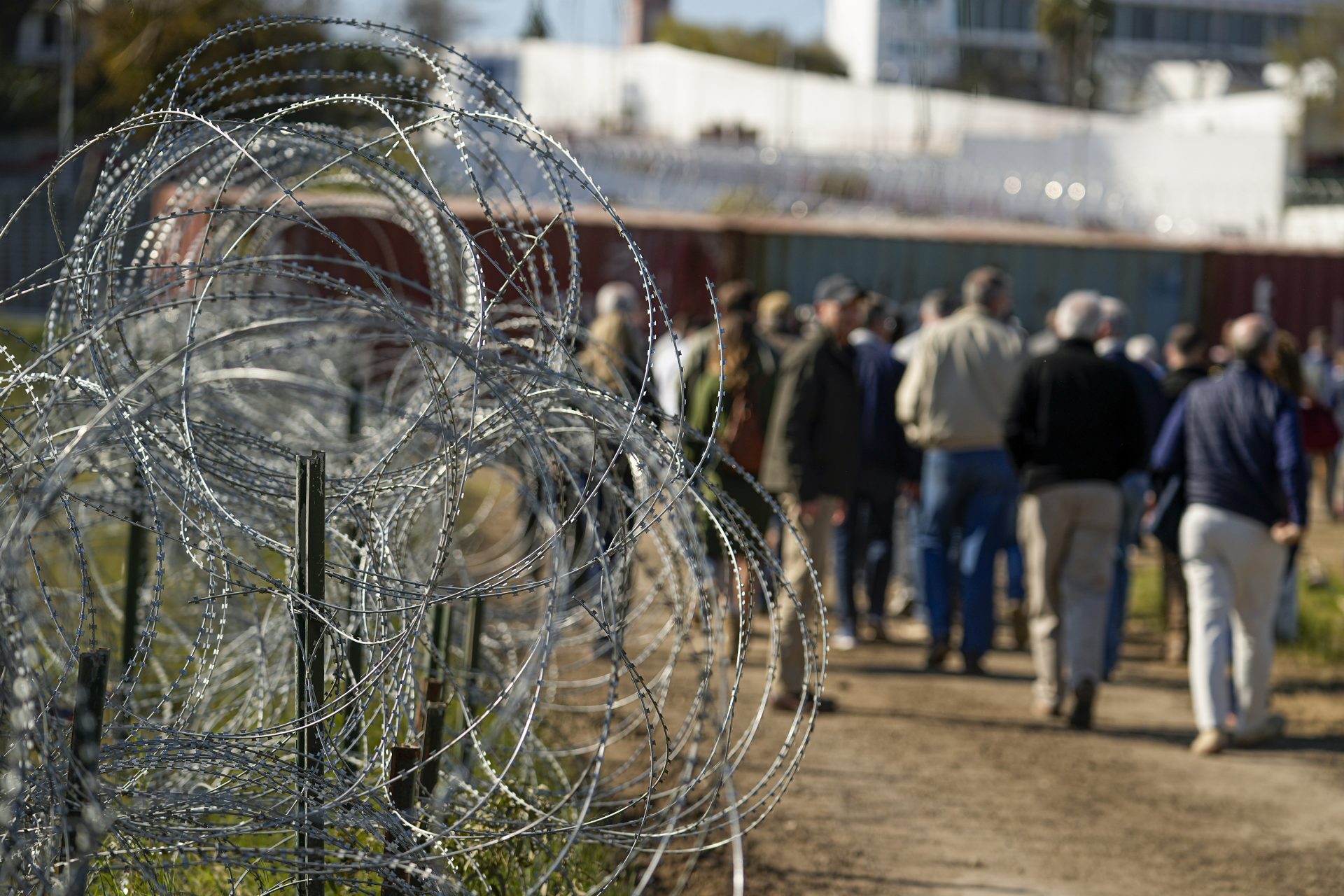|
Only have a minute? Listen instead
Getting your Trinity Audio player ready...
|
Last Sunday’s announcement that Senate negotiators had reached a deal that would free up foreign aid to the embattled states of Ukraine, Israel and Taiwan might have raised the hopes of some people. Soon after Congress members arrived at the Capitol on Monday, however, it was clear that those hopes would be futile.
Unsurprisingly, the killing point to the bill was the border security package that Republican lawmakers had tacked on to it. While the U.S. border has nothing to do with foreign aid or government support for the countries’ military campaigns, it has become a convenient way to hold legislation hostage and increase the attention given to a major campaign issue.
Unrelated issues should never have been part of the foreign aid package, and lawmakers should have fought to split them into separate bills.
Supporting our country’s allies overseas is important, but the focus of this debate was almost entirely on immigration. And the speed with which the deal was killed suggests lawmakers were more interested in scoring political points during this heated campaign season than with working together to build workable, bipartisan and necessary immigration reform.
Immigration is the biggest issue during the current campaign season, at both the national and state levels. It certainly affects our Rio Grande Valley, where residents see growing numbers of migrants, law enforcement and military personnel, and protesters and grandstanders swarm through the area every day, drain public resources.
To be sure, the proposal offered Sunday was not perfect; it had some good points, including fast-tracking asylum claims, a policy Trump initiated and Biden continues. Speeding up resolution of those claims helps ensure that people who have valid claims are given legal status along with its benefits, including the ability to take jobs that many employers, especially in the agriculture and construction industries, can’t fill. Just as important, those without valid claims can be deported quickly, reducing the strain that many create at social services and aid centers here and nationwide.
Moreover, an August 2023 Harvard study found a major flaw in the fast-track process. A lack of access to legal counsel made it more difficult for migrants to defend their cases adequately, meaning some who had valid refugee claims were rejected.
The compromise package also set daily limits to border crossings, mandating closure of ports of entry if the limits were reached. Some have criticized such hard limits, saying they aren’t humane, while others say the limits are too high. Such concerns should have been addressed, and would have under normal procedures. The compromise proposal was torpedoed quickly, however, and didn’t receive the debate and amendment process that is vital to the passage of reasonable legislation.
As the campaign heats up, it’s likely that the rhetoric will as well. The failure of a bipartisan effort to address what a majority of Americans say is the most important issue facing our country today — and certainly in the Rio Grande Valley — suggests we have little hope for substantive legislation coming from Congress anytime soon.




